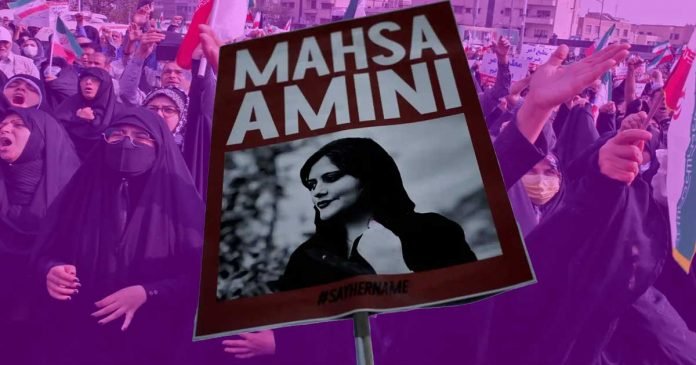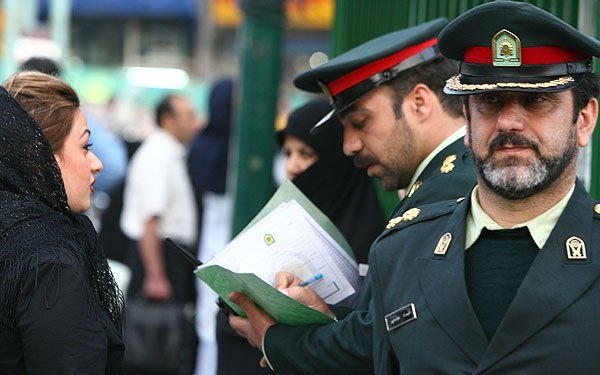
Iran has scrapped its morality police after more than two months of protests triggered by the arrest of Mahsa Amini for allegedly violating the country’s strict female dress code, local media said Sunday.
Demonstrators have burned their mandatory hijab head coverings and shouted anti-government slogans, and a growing number of women have refrained from wearing the hijab, particularly in parts of Tehran.
Women-led protests, labelled “riots” by the authorities, have swept Iran since the death of Mahsa Amini a 22-year-old Iranian of Kurdish origin died on September 16, three days after her arrest by the morality police in Tehran.

On September 13, 22-year-old Mahsa Amini was arrested for allegedly flouting the country’s strict dress code. Three days later, she died in hospital – sparking violent protests across the country that show little sign of respite.
To date, more than 440 people have died due to the unrest – according to NGO Iran Human Rights – and some 14,000 people have been arrested.
Iran’s Attorney General Mohammad Jafar Montazeri announced the abolition of the country’s morality police by the relevant authorities, Isna news agency reported Sunday.
“The morality police has nothing to do with the judiciary, and it has been abolished by those who created it,” he said Saturday night in the holy city of Qom.
President Ebrahim Raisi said in televised comments Saturday that Iran’s republican and Islamic foundations were constitutionally entrenched “but there are methods of implementing the constitution that can be flexible”.
The morality police, known as the Gasht-e Ershad (guidance patrols), was a branch created under conservative President Mahmoud Ahmadinejad in 2006 to “spread the culture of decency and hijab.”
Its unit comprises of men in green uniforms and women wearing black chadors, which cover the head and upper body.

The Islamic Republic is also said to be reviewing the 1983 law that requires women to cover their heads.
Support Independent Journalism Today
Our unwavering dedication is to provide you with unbiased news, diverse perspectives, and insightful opinions. We're on a mission to ensure that those in positions of power are held accountable for their actions, but we can't do it alone. Labour Heartlands is primarily funded by me, Paul Knaggs, and by the generous contributions of readers like you. Your donations keep us going and help us uphold the principles of independent journalism. Join us in our quest for truth, transparency, and accountability – donate today and be a part of our mission!
Like everyone else, we're facing challenges, and we need your help to stay online and continue providing crucial journalism. Every contribution, no matter how small, goes a long way in helping us thrive. By becoming one of our donors, you become a vital part of our mission to uncover the truth and uphold the values of democracy.
While we maintain our independence from political affiliations, we stand united against corruption, injustice, and the erosion of free speech, truth, and democracy. We believe in the power of accurate information in a democracy, and we consider facts non-negotiable.
Your support, no matter the amount, can make a significant impact. Together, we can make a difference and continue our journey toward a more informed and just society.
Thank you for supporting Labour Heartlands








